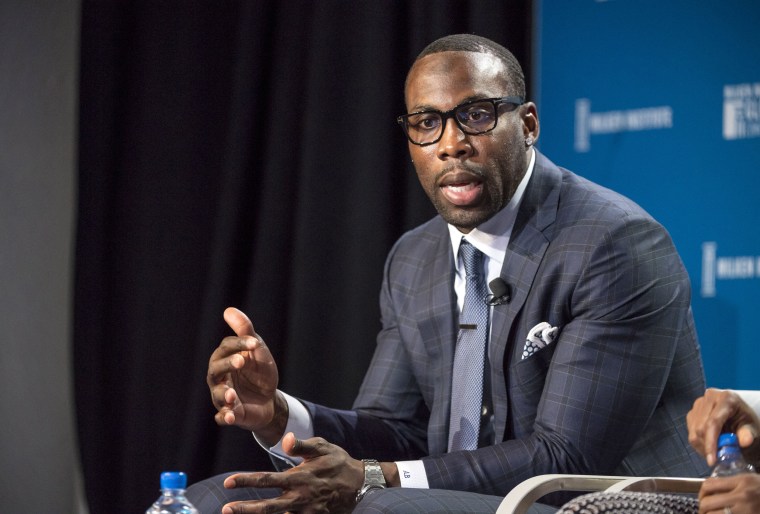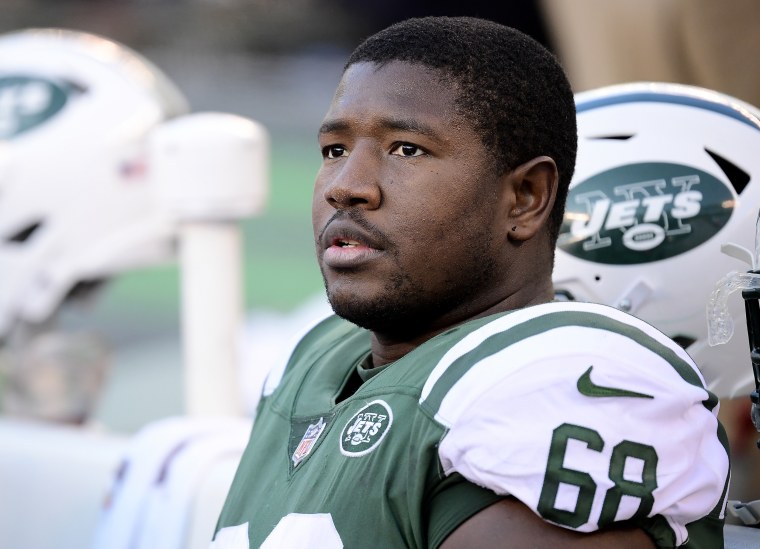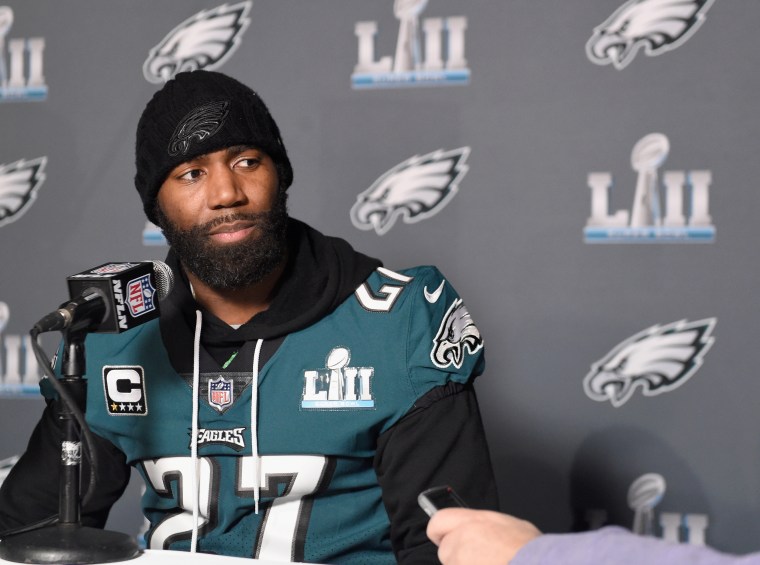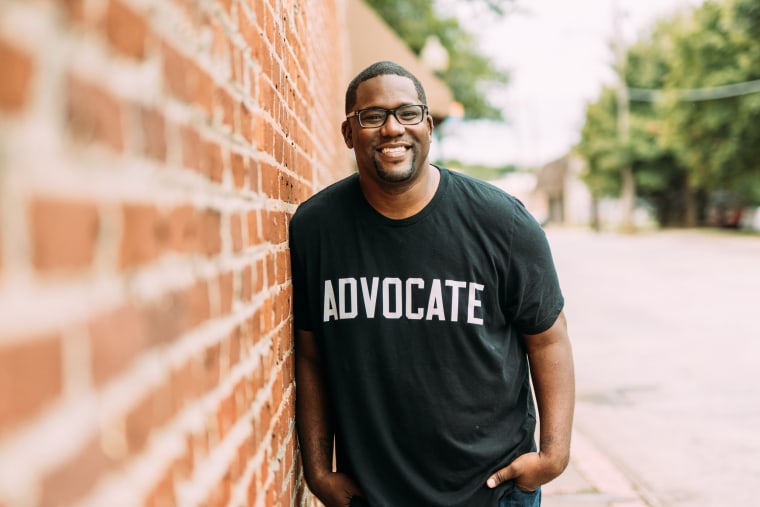Terence Lester spent nearly a week living on the streets of Atlanta in 2013 to experience what it felt like to be homeless. Not long after, he created Love Beyond Walls, a nonprofit organization that supports the homeless.
Now his group has been selected as a recipient of an initiative by the NFL and a group of current and former players to issue $3 million in grants to seven grassroots organizations in African American communities hard hit by the coronavirus pandemic.
Lester said he and his team were surprised at being selected first. “Then we got excited about the contribution because it means that we could help protect more people experiencing homelessness on front lines of COVID-19,” he said.
His organization’s grassroot beginnings and essential work in communities in need are aligned with those of the Players Coalition, a group founded by Anquan Boldin and Malcolm Jenkins and made up of other former and current NFL players. The group uses its influence and resources to improve conditions for African Americans on a variety of issues.

The initiative came about after Boldin and Jenkins met with NFL Commissioner Roger Goodell and agreed to partner with the NFL’s Inspire Change, another initiative that grew out of the Colin Kaepernick-led protests during the 2016 season.
Over the years, Lester has been one of the city’s most ardent advocates for those without shelter, including placing 51 sinks in and around Atlanta so those who had no place to wash their hands could do so to prevent the spread of the coronavirus.
A number of organizations contacted the Players Coalition, founded in 2017, seeking a partnership. But, while those groups did admirable work, said Players Coalition member Kelvin Beachum, a free agent offensive lineman who played last season for the New York Jets, the Players Coalition wanted to connect with organizations that are entrenched in their communities.
So, the Players Coalition called on its players to identify groups that were doing exceptional work and could use a boost in the most coronavirus-damaged markets where African Americans were hit. In addition to Atlanta, the Players Coalition sent funds to Detroit, Chicago, Baltimore, New York, Washington, D.C., and South Florida.

“We were not trying to reinvent the wheel,” Beachum said. “We have a number of guys across the nation and we pinged them: ‘Hey what are the various grassroot organizations that you know are doing the real work?’ We wanted to add to or supplement what they are doing.”
“We’re football players,” he added. “We can’t go in, put on a mask and save a life right now.” But the coalition is able to help “those who are saving the lives, in the emergency rooms, in need of beds, etc.,” Beachum said.
There were more than 800,000 cases of COVID-19 in the United States with more than 44,000 deaths as of Tuesday. Black people make up 13 percent of the population but 30 percent of the coronavirus cases, according to the Centers For Disease Control and Prevention, primarily because of racial inequities in health care.
That data alarmed the Players Coalition, which is made up of nearly all black members.

The $3 million granted to the organizations was a surplus from last year’s budget, but Beachum said the pandemic was too devastating to let the funds sit idly by.
“We have an opportunity to direct financial resources to the hardest hit populations,” Goodell said in a statement. “This pandemic is having a tragic effect on communities of color and through Inspire Change and our relationship with the Players Coalition, we are pleased to be able to help where we can."
Fighting a pandemic is unchartered territory for the Players Coalition, but it is quite familiar with being a force in distressed communities. Beachum had been advocating for clean water in Newark, New Jersey, five months ago. Coalition members visit schools to talk to students about the value of an education. They visit juvenile detention centers and courthouses, in each case teaching the idea of inspiring. They also participate in town hall meetings on the heels of police shootings of unarmed black men.
“It’s not something we just started doing,” Beachum said. “There are different problems for different classes of people. When it comes to fighting for equality and against the disparities, we’ve always been solution-oriented … ”
“It’s cool to talk about it but at the end of the day, people need solutions and help. And for us to inject those funds into communities right now is important.”
For Lester, it was refreshing that he did not have to seek out assistance.
Many of the Players Coalition members have ties to the communities hardest hit by the outbreak, and they were involved in working in the cities they played in.
“At the end of the day,” Beachum said, “we came from some of these same socio-economically disadvantaged communities. Our families still live in these communities. When you put it in that context, as players and former NFL players, we’ve been blessed with the ability to have an impact. We understand the needs in the communities, and we care. We have an affinity for those markets where we played.”
